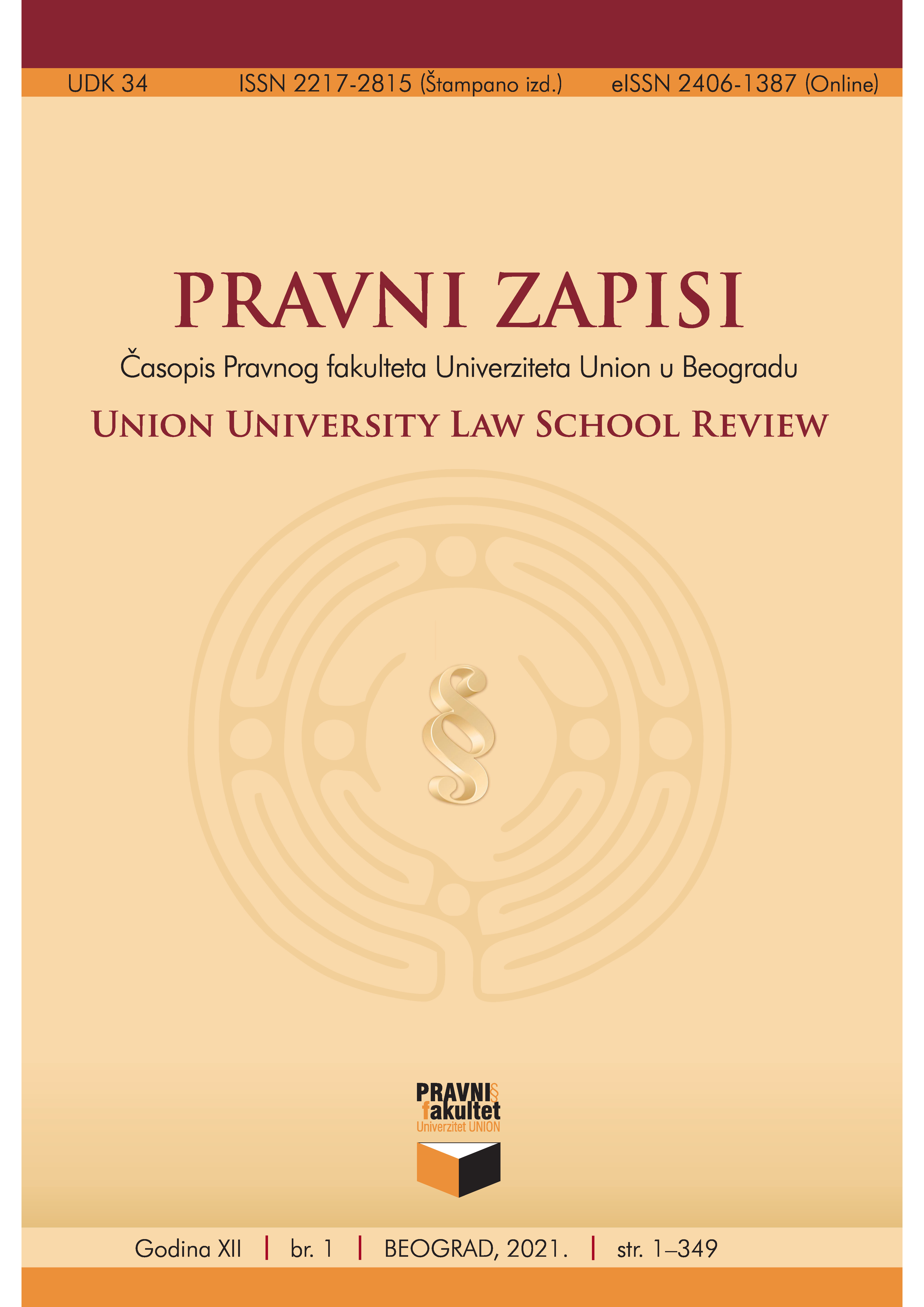Emergency Governance (Un)Bound: A Brief Reflection on Southeast Europe’s Response to COVID-19 Pandemic
Emergency Governance (Un)Bound: A Brief Reflection on Southeast Europe’s Response to COVID-19 Pandemic
Author(s): Teodora MiljojkovićSubject(s): Constitutional Law, Human Rights and Humanitarian Law
Published by: Pravni fakultet Univerziteta Union
Keywords: Covid-19; constitutional courts; emergency powers; state of emergency; judicial review
Summary/Abstract: Relying on the Madison-Schmitt dichotomy in the theory of emergency governance, this article will explore to what extent constitutional courts of Southeast Europe imposed warranted limits to the executive power in their responses to the Covid-19 global pandemic. The specific aim of this article is to illustrate how the constitutional courts of Croatia and Serbia responded to the question of whether the Covid-19 pandemic called for the introduction of the state of emergency. The dilemmas that emerged in the Covid-19-related rulings of these courts reflect the heated constitutional theoretical debates on emergency powers, which could be roughly reduced to three main points of examination: (1) Is the executive de facto Schmitt’s sovereign, who decides on the case of exception even when the constitution states otherwise? (2) Should the courts, following the historically repetitive practice, demonstrate special deference to other branches of government in the time of crisis such as the Covid-19 pandemic? (3) Are the courts in the position to assess the constitutionally envisaged facts and conditions for introducing the emergency regime, e.g., to go into a formal and substantive review of the declaration of the state of emergency? The analysis will conclude that the constitutional courts of Serbia and Croatia failed to set out a robust doctrine of emergency powers and constrain other branches of governments effectively. In Serbia, that resulted in a constitutionally legitimized Neo-Schmittian model, which presupposes that in the time of a crisis, the powers of emergency decision-making significantly shift to the executive. On the other hand, the Croatian Constitutional Court missed the chance of entrenching a strong Madisonian model based on the interbranch checks and balances and cooperation.
Journal: Pravni zapisi
- Issue Year: 2021
- Issue No: 1
- Page Range: 123-145
- Page Count: 23
- Language: English

